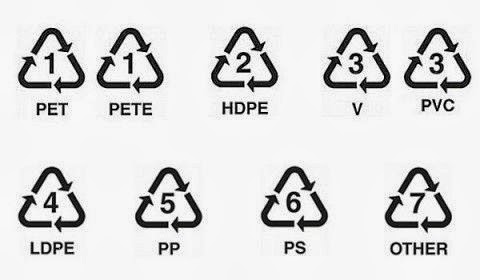Some Tools, Libraries & Solutions for Data Scientists: Model risk management, Logit, XGBoost, Azure & Tableau, Machine Learning with Elyra & Apache Airflow, Graph Theory, 2021 Call for Code Global Challenge
Source: Best of the Tableau Web: March 2021.
- The expanding scope of models and the increased use of models based on advanced analytics have amplified the strategic importance of model risk management. Read more: A strategic vision for model risk management.
- This article will discuss the details of logistic regression in R. But for a refresher or better understanding, I will discuss some formulas behind the model. Read more: A Complete Tutorial on Logistic Regression, and Inference in R.
- Extreme Gradient Boosting (XGBoost) is an open-source library that provides an efficient and effective implementation of the gradient boosting algorithm. Read more: XGBoost for Regression.
- In Tableau 2021.1, we’ve added new connectors to help our customers access more data in Azure than ever before: an Azure SQL Database connector and an Azure Data Lake Storage Gen2 connector. Read more: Unlock the value of your Azure data with Tableau.
- An easier way to create a pipeline from scripts and notebooks is to use Elyra’s Visual Pipeline Editor. This editor lets you assemble pipelines by dragging and dropping supported files onto the canvas. Elyra 2.1 is now available for install. Read more: Automate your machine learning workflow tasks using Elyra and Apache Airflow.
- Data scientists need GPUs, and they shouldn't have to parcel out access to them on a first-come, first-serve basis. This blog, and video, show how Watson Machine Learning Accelerator (WMLA) makes that balancing act painless. Read more: How to share GPUs across data scientists — Enterprise AI at Scale.
- In recent years Knowledge Graphs have been used to solve one of the biggest problems not only in machine learning but also in computer science in general: how to represent knowledge. Read more: Is a Knowledge Graph capable of capturing human knowledge?
- Use your skills for good to take on climate change. You have a chance to win $200,000 USD and receive comprehensive support to see your solution deployed. Read more: The 2021 Call for Code Global Challenge is now open.
Feel free to follow me on Twitter



Comentarios